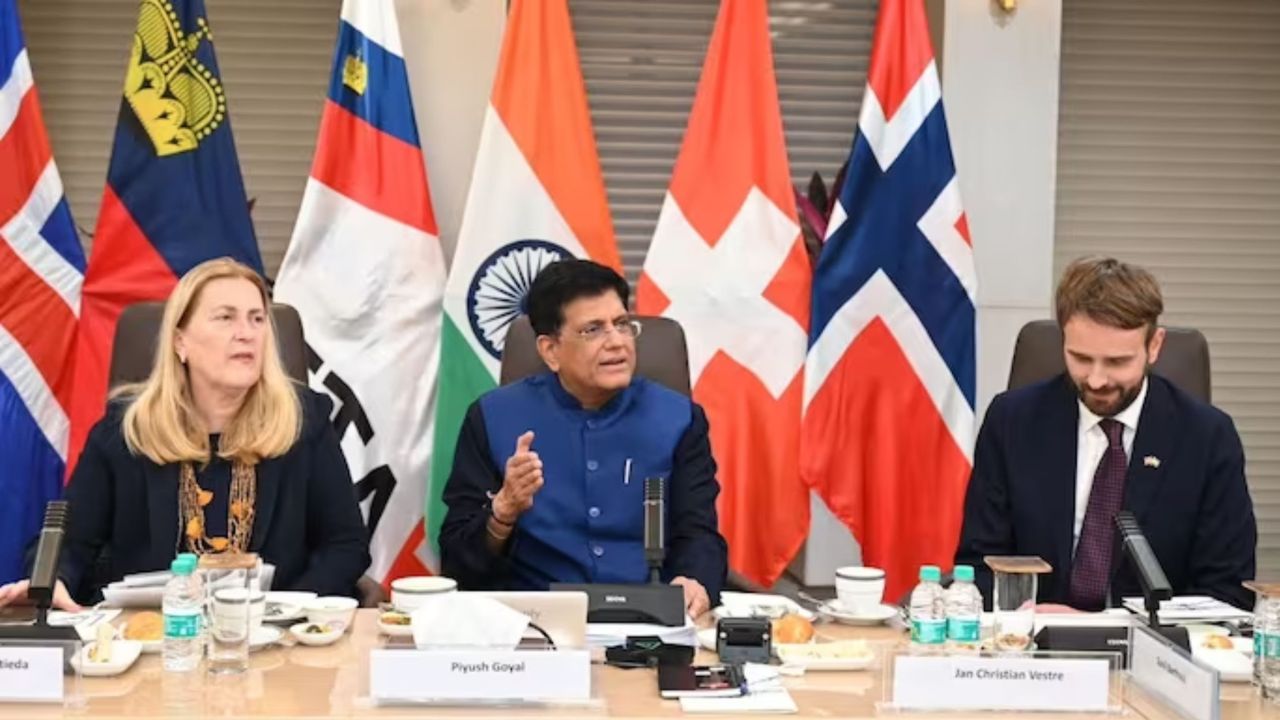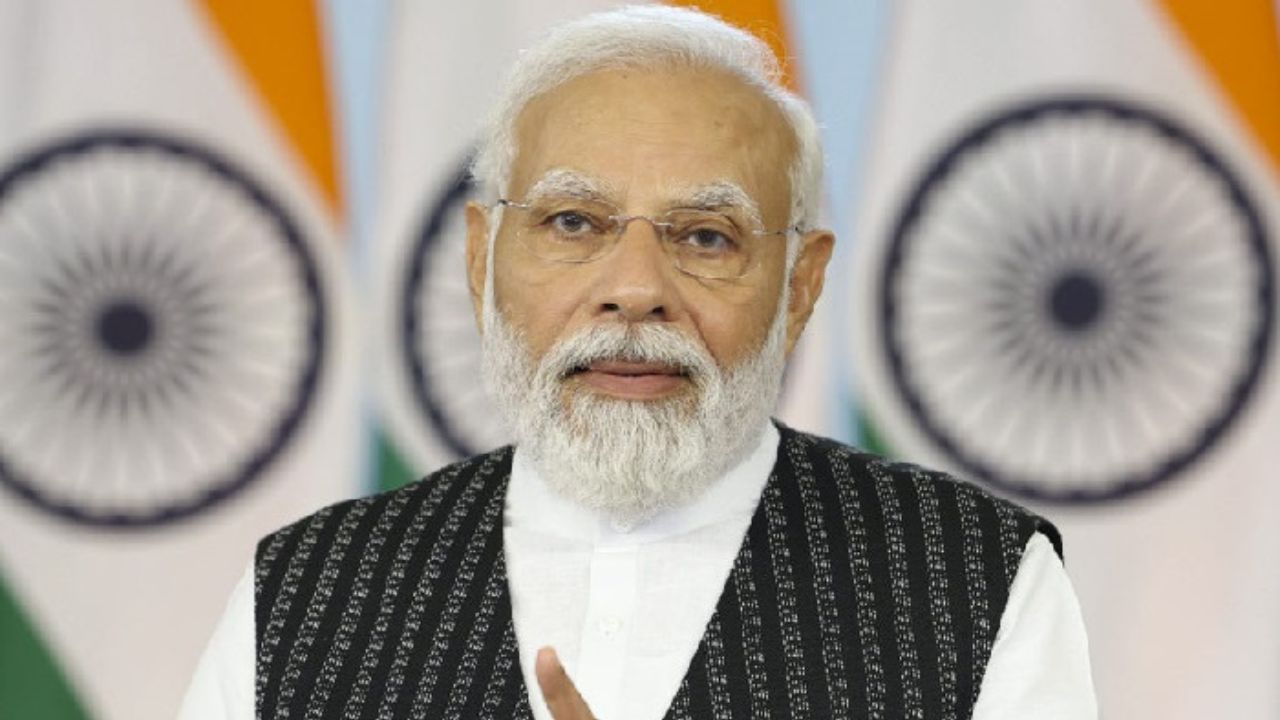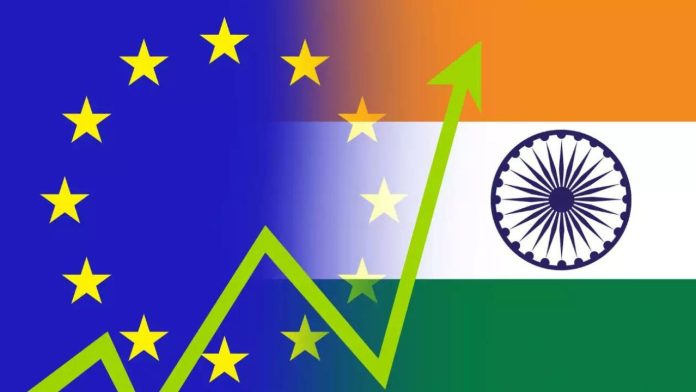On Sunday, 10th March 2024, India inked a landmark free trade pact with the European Free Trade Association (EFTA), encompassing Switzerland, Norway, Iceland, and Liechtenstein.
The comprehensive Trade and Investment Agreement, the result of 21 rounds of talks spanning 16 years, pledges a reduction in tariffs and heralds a substantial inflow of $100 billion in investments over the next 15 years.
India anticipates significant advantages from this pact, especially following recent agreements with the UAE and Australia.
The nation foresees increased exports of pharmaceuticals, garments, chemicals, and machinery, along with attracting investments in key sectors like automobiles, food processing, railways, and finance.

Currently, India stands as the EFTA’s fifth-largest trading partner, with a bilateral trade volume of $25 billion in 2023. Exports to the EFTA amounted to $2.8 billion, while imports reached approximately $22 billion during the same period.
Swiss Companies to Benefit:
The pact is poised to benefit Swiss manufacturers, particularly those in machinery, luxury items like watches, and transport. India has extended an invitation to Swiss transport companies to invest in its railways.
Furthermore, the agreement allows EFTA nations to export processed food and beverages, electrical machinery, and engineering products to a potential market of 1.4 billion people, all at reduced tariffs.
The pharmaceutical and medical devices industry within the EFTA bloc is also expected to gain substantially from this collaboration.
India-Swiss Relations:
India is optimistic that this pact will enhance its trade ties with Switzerland, the largest partner in the EFTA. Switzerland holds a significant position as India’s fourth-largest trading partner in Asia and the largest in South Asia.

Over 300 Swiss companies, including major players like Nestle, Holcim, Sulzer, Novartis, and leading banks such as UBS, operate in India. Simultaneously, Indian IT giants like TCS, Infosys, and HCL have a notable presence in Switzerland.
Prime Minister Narendra Modi’s government, known for its cautious approach to trade negotiations, has been deliberate in securing commitments to boost domestic industries.
Despite prolonged discussions with various partners, India has been resolute in rejecting demands related to “data exclusivity” in the past, a move that safeguards the interests of its pharmaceutical sector.
The negotiations reflect India’s commitment to protecting its industry and ensuring a balanced trade environment.


